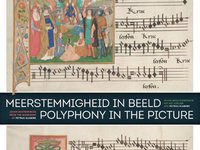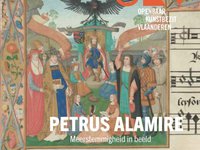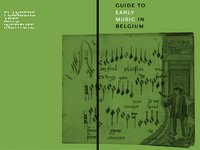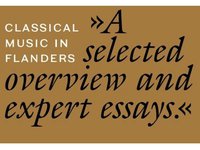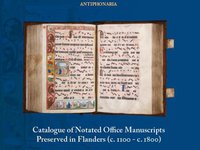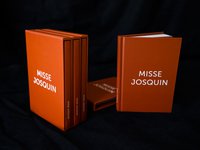Publications
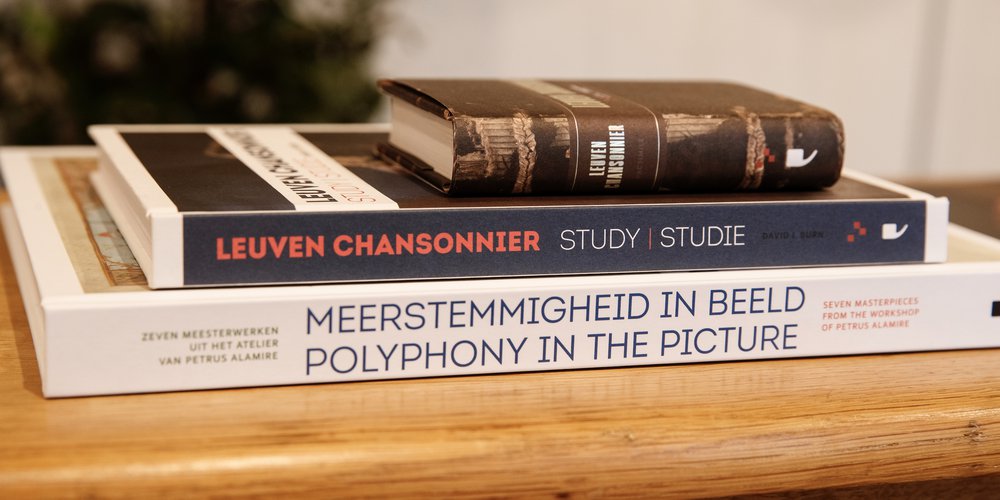
Leuven Library of Music in Facsimile
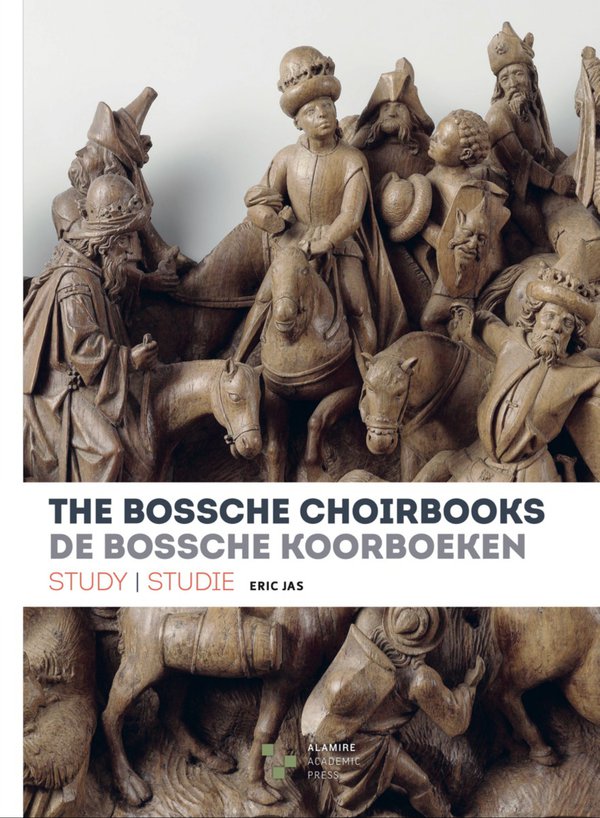
The series Leuven Library of Music in Facsimile from the Alamire Foundation, with David Burn and Bart Demuyt as its general editors, presents high-quality reproductions of primary music sources of outstanding aesthetic, historical and cultural value. The series is broadly conceived, covering monophony and polyphony, both vocal and instrumental, from the Middle Ages, the Renaissance and later times. In order to approach the original documents as closely as possible, each facsimile is in full colour and at original size. Each is also accompanied by an extended commentary, written by a leading expert, that sets out the most recent and up-to-date assessment of the source, including codicology, contents, history and context.
- NEW: Study of volume 4 is now available
In 1531, at the end of his career as an important music scribe and supplier of music manuscripts, Petrus Alamire returned to ’s-Hertogenbosch to deliver three large choirbooks with polyphonic music to the Brotherhood of Our Illustrious Lady. Two of these were commissioned in the previous year, with the repertoire chosen by the brotherhood’s singers; the third was offered to the brotherhood in its completed state. Together containing twenty-three masses and a handful of motets, these choirbooks are today still kept in the brotherhood’s house. The study on these Bossche Choirbooks (Mss. 153, 154, and 155) by Eric Jas, assistant professor in musicology at the University of Utrecht, is now available.
Alamire Foundation Editions
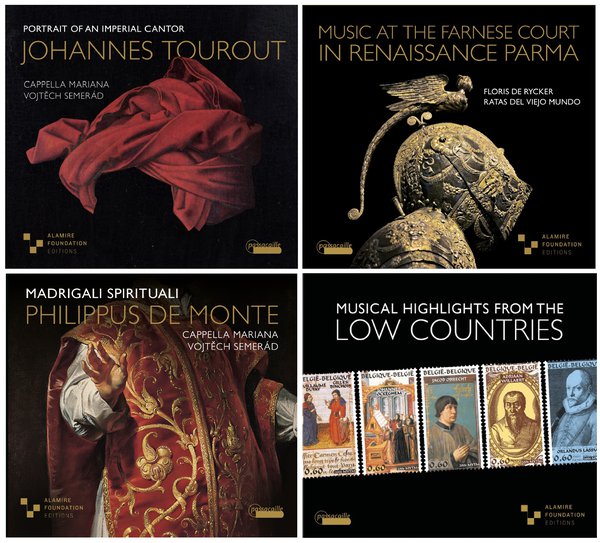
Passacaille was born in the last century around the figure of Paul Dombrecht. The Flemish musician had a passion for the little-known repertoire which he brought to life in his concerts and recordings, paying particular attention to the historical and cultural context. From the outset, Passacaille has occasionally been associated with the Alamire Foundation for projects related to polyphony. This collaboration has resulted in unique recordings with, among others, Capilla Flamenca (Alexander Utendal and Philippus de Monte) and More Maiorum (Jean de Castro).
When he took over the label in 2004, Jan De Winne was fully committed to Passacaille's mission: to be a platform for artists who approach music with special attention to the historical and cultural context of the repertoire presented. In this respect, the label is a forum for well- known artists, but also for younger artists and emerging talents. The choice of instruments made by the musicians plays, in many cases, a crucial role in the fascinating genesis of the recordings. Furthermore, Passacaille takes great care to ensure a synergy between music and design, and pays particular attention to the texts accompanying the productions.
Over the past 15 years, Passacaille has become a reference among early music labels. The label intends to put its international reputation at the service of the dissemination of the Flemish polyphonic heritage throughout the world, an ambition shared by both organizations, and which is now translated into a long-term collaboration between Passacaille and Alamire Foundation Editions.
Alamire Foundation stands for quality and excellence. The Foundation conducts high-level scientific research leading to innovative artistic productions with leading specialists in the field. For Passacaille, this collaboration is a unique opportunity to expand its catalogue with masterpieces of the past recorded at the highest artistic level and under the best possible conditions.
- NEW: Tourout, Isaac & Weerbeke. Flemish Polyphony in Central Europe.
Cappella Mariana & Vojtěch Semerád
Available in the webshop of Passacaille.
Journal of the Alamire Foundation
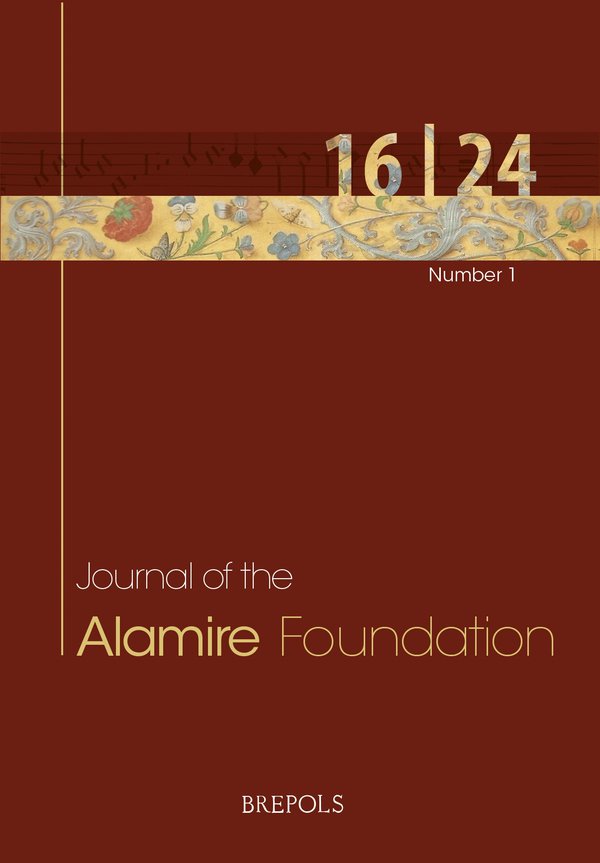
The Journal of the Alamire Foundation, a scientific journal that appears twice a year since 2009. Its general editors are David Burn (KU Leuven), Katelijne Schiltz (Universität Regensburg, 2008‐2015) and Sarah Long (Michigan State University, 2015-), with Stratton Bull acting as coordinator for the Alamire Foundation. Quality control is assured by the general editors. They are supported by an editorial board and an advisory board that provides peer reviewing. Both boards are composed of leading academics in the field.
Available now:
Journal of the Alamire Foundation Volume 16 - No. 1: An Itinerant Patronage: Margaret of Parma and Music
Yearbook of the Alamire Foundation
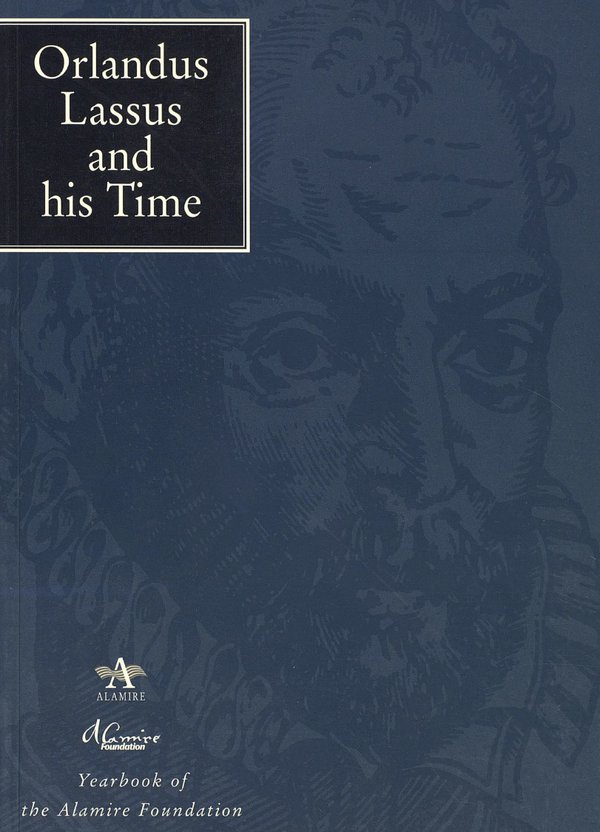
In 1994, the Alamire Foundation started the series Yearbook of the Alamire Foundation in partnership with Alamire Music Publishers. These yearbooks were essentially constructed around one or more musicological themes and contained the papers presented at the international colloquia organised by the Alamire Foundation. Thus they presented new research results that were immediately placed in a broader context. An international reviewing committee guaranteed the quality of the publications. In 2008, publication of the Yearbook of the Alamire Foundation was ceased in order to switch to the Journal of the Alamire Foundation.
Miscellaneous
Miscellaneous

